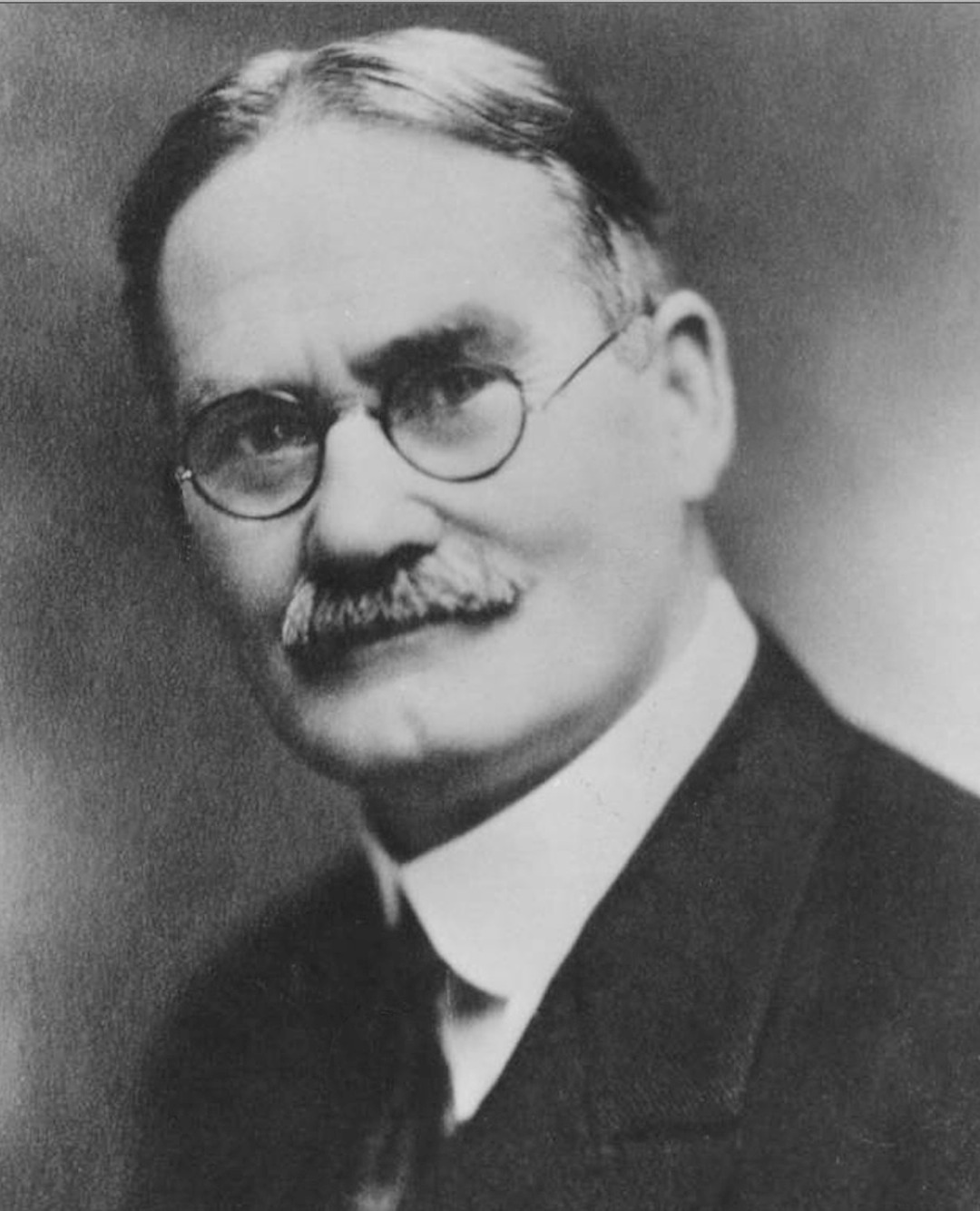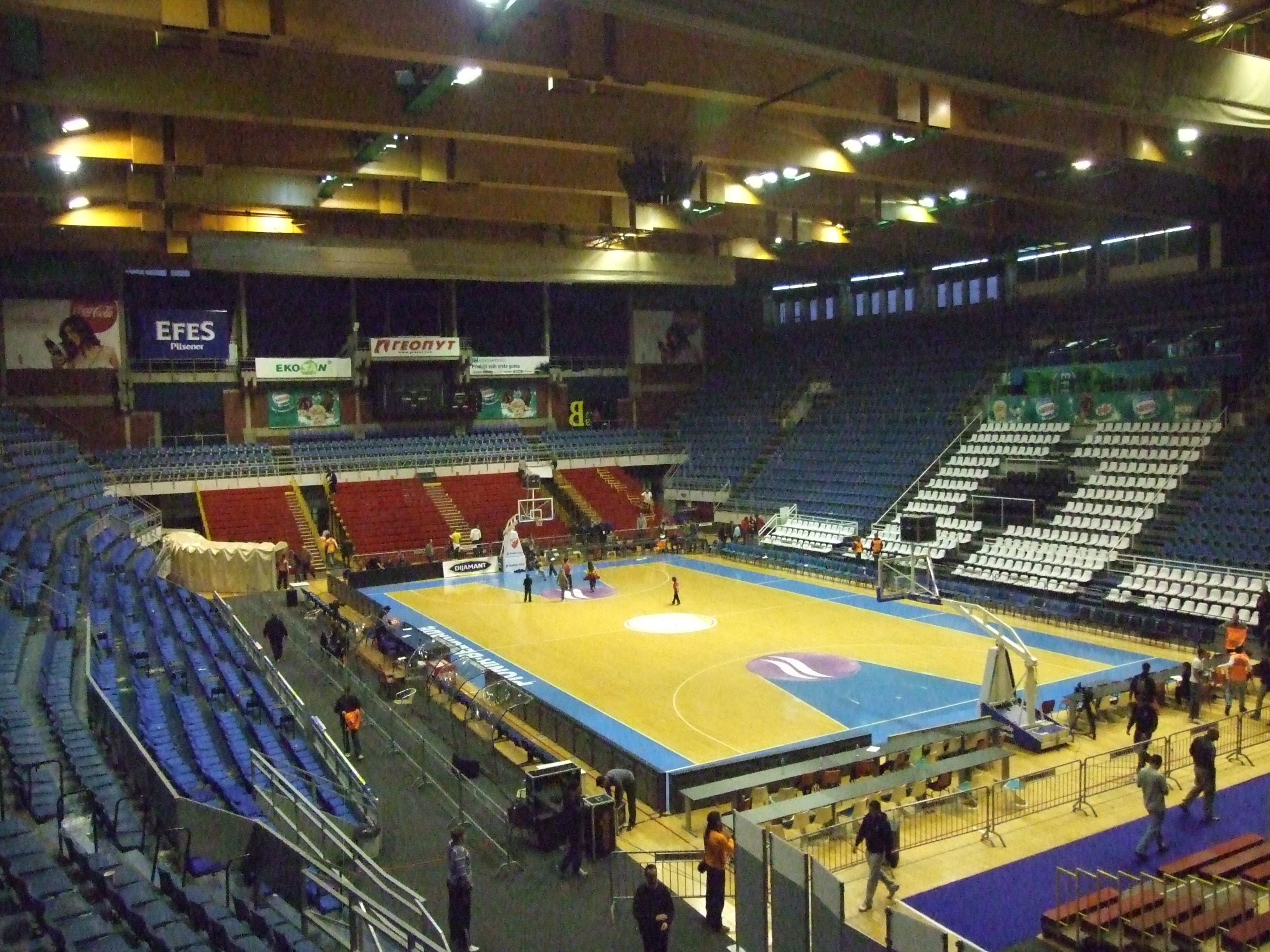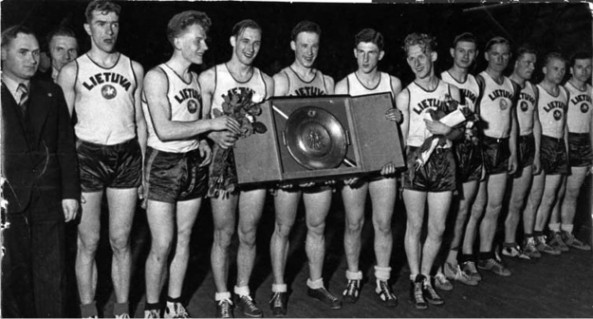|
Mirko Novosel
Mirko Novosel (30 June 1938 – 20 July 2023) was a Croatian professional basketball coach and player. Playing career Novosel played club basketball, from 1952 to 1966, with Lokomotiva Zagreb (later changed to KK Cibona Zagreb). Coaching career Novosel coached Cibona Zagreb to two Yugoslav League titles, seven Yugoslav Cups, and the two European Champions Cup titles in 1985 and 1986, when he was named the European Coach of the Year. National team coaching career As the head coach, Novosel led the senior men's Yugoslav national team to the gold medals at the 1973 FIBA European Championship and the 1975 FIBA European Championship, the silver medal at the 1974 FIBA World Championship, the silver medal at the 1976 Montreal Summer Olympics, and the bronze medal at the 1984 Los Angeles Summer Olympics. Novosel was also the head coach of the senior men's Croatia national team, leading them to the bronze medal at the 1993 European Championship. He was enshrined into th ... [...More Info...] [...Related Items...] OR: [Wikipedia] [Google] [Baidu] |
HT Premijer Liga
The Favbet Premijer liga (, ), also known as simply Premijer liga, is the first tier level men's professional basketball league in Croatia. It began in 1991, following the breakup of SFR Yugoslavia and therefore the Yugoslav League, and is organized by the Croatian Basketball Federation. Favbet Premijer liga, which is played under FIBA rules, currently consists of 12 teams. The most successful club is KK Cibona with 19 championship titles. History Prior to 1991, clubs from Croatia played in the Yugoslav First Federal League. From the inaugural season in 1946, three Croatian clubs won 15 national championships in total; Zadar (six titles), Split (six titles), and Cibona (three titles). Logos, names, and sponsorship names *1991–2009A-1 Liga *2004–2005A-1 Ožujsko Liga *2005–2017A-1 Liga *2017–2023Hrvatski Telekom Premijer Liga *2023–2026Favbet Premijer Liga File:Logo of Croatian men's first divison basketball league 2017-2023.png, Logo of 2017-2023 File:Logofav ... [...More Info...] [...Related Items...] OR: [Wikipedia] [Google] [Baidu] |
Basketball
Basketball is a team sport in which two teams, most commonly of five players each, opposing one another on a rectangular Basketball court, court, compete with the primary objective of #Shooting, shooting a basketball (ball), basketball (approximately in diameter) through the defender's Basket (basketball), hoop (a basket in diameter mounted high to a Backboard (basketball), backboard at each end of the court), while preventing the opposing team from shooting through their own hoop. A Field goal (basketball), field goal is worth two points, unless made from behind the 3 point line, three-point line, when it is worth three. After a foul, timed play stops and the player fouled or designated to shoot a technical foul is given one, two or three one-point free throws. The team with the most points at the end of the game wins, but if regulation play expires with the score tied, an additional period of play (Overtime (sports), overtime) is mandated. Players advance the ball by boun ... [...More Info...] [...Related Items...] OR: [Wikipedia] [Google] [Baidu] |
Eurobasket 1993
The 1993 FIBA European Championship, commonly called FIBA EuroBasket 1993, was the 28th FIBA EuroBasket regional basketball championship, held by FIBA Europe. It was held in Germany between 22 June and 4 July 1993. Sixteen national teams entered the event under the auspices of FIBA Europe, the sport's regional governing body. The cities of Berlin, Karlsruhe and Munich hosted the tournament. Hosts Germany won their first FIBA European title by defeating Russia with a 71–70 score in the final. Germany's Chris Welp was voted the tournament's MVP. This edition of the FIBA EuroBasket tournament also served as qualification for the 1994 FIBA World Championship, giving a berth to the top five teams in the final standings. Qualification Venues Teams The tournament was originally planned for 12 teams. However, after the qualifying round was concluded, FIBA Europe decided to expand it to 16 teams. The main reason for this decision were political changes in Eastern Europe - both ... [...More Info...] [...Related Items...] OR: [Wikipedia] [Google] [Baidu] |
Croatia National Basketball Team
The Croatia men's national basketball team () represents Croatia in international basketball matches. The team is controlled by the Croatian Basketball Federation (HKS). The biggest success Croatia has achieved was at the 1992 Barcelona Olympics when the team reached the final against the United States and won the silver medal. Croatia has also won one bronze medal at the FIBA World Cup and two bronze medals at EuroBasket. Croatia's Krešimir Ćosić, Dražen Petrović, Dino Rađa, Mirko Novosel and Toni Kukoč are members of the Naismith Memorial Basketball Hall of Fame. Ćosić was inducted in 1996, Petrović in 2002, Rađa in 2018 and Kukoč in 2021, all as players. Novosel was inducted in 2007 as a coach. Petrović, Ćosić, Kukoč and Novosel are members of the FIBA Hall of Fame. Ćosić is also the only Croatian to have received the FIBA Order of Merit. Ćosić, however, never played for the Croatia national team. As he was only a member of the Yugoslavia national ... [...More Info...] [...Related Items...] OR: [Wikipedia] [Google] [Baidu] |
Yugoslavia National Basketball Team
The Yugoslavia men's national basketball team ( sh-Latn-Cyrl, separator=" / ", Košarkaška reprezentacija Jugoslavije, Кошаркашка репрезентација Југославије; ; ) represented the Socialist Federal Republic of Yugoslavia from 1943 until 1992 in international basketball, and was controlled by the Basketball Federation of Yugoslavia. After World War II, the team steadily improved their rankings and came to be one of the dominant forces of world basketball in the 1970s and the 1980s, along with the United States and Soviet Union, capturing five Olympic medals and eight World Cups, thirteen medals in total, along with another thirteen on the continental level at EuroBasket. Twelve FIBA Hall of Fame members emerged from the Yugoslav national team: Krešimir Ćosić, Dražen Dalipagić, Ivo Daneu, Mirza Delibašić, Vlade Divac, Dragan Kićanović, Radivoj Korać, Toni Kukoč, Dražen Petrović, Zoran Slavnić, Jure Zdovc and Dino Rađa. ... [...More Info...] [...Related Items...] OR: [Wikipedia] [Google] [Baidu] |
Cibona Zagreb
Košarkaški klub Cibona, commonly referred to as Cibona Zagreb or simply Cibona, is a men's professional basketball sports club, club based in Zagreb, Croatia. The club is a founding member and shareholder of the ABA League JTD, Adriatic Basketball Association, and competes in the ABA League Second Division, ABA League 2 and the HT Premijer liga, Croatian League. History Formation and early years Cibona's history dates to late autumn of 1945 when Sloboda (''Freedom'') was founded as a sports society of bank workers, craftsmen, traders, and clerks. On April 24, 1946, thanks to basketball enthusiast Branimir Volfer and his friends Ljubo Prosen and Joso Miloš, basketball section of Sloboda, the predecessor of today's Cibona, was formed. Its first game was against local rival Slavija on May 7, 1946. Sloboda did not last too long under that name as in November 1946, it merged with Tekstilac, Amater and Grafičar into Sportsko društvo Zagreb (''Sports Society Zagreb''). Name changin ... [...More Info...] [...Related Items...] OR: [Wikipedia] [Google] [Baidu] |
EuroBasket 1993
The 1993 FIBA European Championship, commonly called FIBA EuroBasket 1993, was the 28th FIBA EuroBasket regional basketball championship, held by FIBA Europe. It was held in Germany between 22 June and 4 July 1993. Sixteen national teams entered the event under the auspices of FIBA Europe, the sport's regional governing body. The cities of Berlin, Karlsruhe and Munich hosted the tournament. Hosts Germany won their first FIBA European title by defeating Russia with a 71–70 score in the final. Germany's Chris Welp was voted the tournament's MVP. This edition of the FIBA EuroBasket tournament also served as qualification for the 1994 FIBA World Championship, giving a berth to the top five teams in the final standings. Qualification Venues Teams The tournament was originally planned for 12 teams. However, after the qualifying round was concluded, FIBA Europe decided to expand it to 16 teams. The main reason for this decision were political changes in Eastern Europe - both ... [...More Info...] [...Related Items...] OR: [Wikipedia] [Google] [Baidu] |
EuroBasket 1975
The 1975 FIBA European Championship, commonly called FIBA EuroBasket 1975, was the nineteenth FIBA EuroBasket regional basketball championship, held by FIBA Europe. Venues First round Group A – Split Group B – Karlovac Group C – Rijeka Second round Places 7 – 12 Places 1 – 6 in Belgrade Final standings # # # # # # # # # # # # Awards Team rosters 1. Yugoslavia: Krešimir Ćosić, Dražen Dalipagić, Mirza Delibašić, Dragan Kićanović, Zoran Slavnić, Nikola Plećaš, Željko Jerkov, Vinko Jelovac, Damir Šolman, Rato Tvrdić, Rajko Žižić, Dragan Kapičić (Coach: Mirko Novosel) 2. Soviet Union: Sergei Belov, Alexander Belov, Ivan Edeshko, Alzhan Zharmukhamedov, Mikheil Korkia, Aleksander Sidjakin, Valeri Miloserdov, Yuri Pavlov, Aleksander Boloshev, Aleksander Salnikov, Vladimir Zhigili, Aleksander Bolshakov (Coach: Vladimir Kondrashin) 3. Italy: Dino Meneghin, Pierluigi Marzorati, Carlo ... [...More Info...] [...Related Items...] OR: [Wikipedia] [Google] [Baidu] |
EuroBasket 1973
The 1973 FIBA European Championship, commonly called FIBA EuroBasket 1973, was the eighteenth FIBA EuroBasket regional basketball championship, held by FIBA Europe. Venues Group stage Group A – Badalona Group B – Barcelona Knockout stage 5th to 8th place 9th to 12th place Final standings # # # # # # # # # # # # Awards Team rosters 1. Yugoslavia: Krešimir Ćosić, Dražen Dalipagić, Dragan Kićanović, Zoran Slavnić, Nikola Plećaš, Željko Jerkov, Vinko Jelovac, Damir Šolman, Rato Tvrdić, Milun Marović, Žarko Knežević, Dragi Ivković (Coach: Mirko Novosel) 2. Spain: Clifford Luyk, Wayne Brabender, Francisco "Nino" Buscato, Vicente Ramos, Rafael Rullan, Manuel Flores, Luis Miguel Santillana, Carmelo Cabrera, Gonzalo Sagi-Vela, Jose Luis Sagi-Vela, Miguel Angel Estrada, Enrique Margall (Coach: Antonio Díaz-Miguel) 3. Soviet Union: Sergei Belov, Modestas Paulauskas, Anatoly Myshkin, Ivan Edeshko, Zurab Sakandelid ... [...More Info...] [...Related Items...] OR: [Wikipedia] [Google] [Baidu] |
EuroBasket
EuroBasket, also commonly referred to as the European Basketball Championship, is the main international basketball competition that is contested quadrennially, by the senior men's national teams that are governed by FIBA Europe, which is the European zone within the FIBA, International Basketball Federation. The competition was first held in EuroBasket 1935, 1935. The former Soviet Union men's national basketball team, Soviet Union holds the record for most gold medals with a total of 14. The tournament is generally held in August or September, in the offseason of major club competitions. The current defending champion is Spain men's national basketball team, Spain, who won the EuroBasket 2022, 2022 title. History Beginning The first championships was held three years after the establishment of FIBA, in EuroBasket 1935, 1935. Switzerland was chosen as the host country, and ten countries joined. Only one qualifying match was played between Portugal and Spain. With a complicate ... [...More Info...] [...Related Items...] OR: [Wikipedia] [Google] [Baidu] |
1974 FIBA World Championship
The 1974 FIBA World Championship was the 7th FIBA World Championship, the international basketball world championship for men's national teams. It was hosted by Puerto Rico from July 3 to 14, 1974. The tournament was won by the Soviet Union men's national basketball team, Soviet Union. Venues Competing nations Preliminary round Group A Group B Group C Classification round Final round Each team played the other seven once. Since the Soviets, the Americans and the Yugoslavian team each finished with records of 6-1, the medals were "decided on the goal average in the three games among each other." In those three games (Yugoslavia 82, U.S.S.R. 79; U.S. 91, Yugoslavia 88; and USSR 105, U.S. 94), the USSR had outscored its opponents 184 to 176, Yugoslavia was even at 170 for and 170 against, and the U.S. had been outscored 185 to 193. Awards Final standings All-Tournament Team * Alexander Belov * Vi ... [...More Info...] [...Related Items...] OR: [Wikipedia] [Google] [Baidu] |
FIBA World Cup
The FIBA Basketball World Cup is an international basketball competition between the senior men's national teams of the members of the International Basketball Federation (FIBA), the sport's global governing body. It takes place every four years and is considered the flagship event of FIBA. From its inception in 1950 until 2010, the tournament was known as the FIBA World Championship. The tournament structure is similar, but not identical, to that of the FIFA World Cup; the current format of the tournament involves 32 teams competing for the title at venues within the host nation. The FIBA Basketball World Cup and the FIFA World Cup were played in the same year as each other from 1970 through 2014. A parallel event for women's teams, now known as the FIBA Women's Basketball World Cup, is also held quadrennially. From 1986 through 2014, the men's and women's championships were held in the same year, though in different countries. Following the 2014 FIBA championships for ... [...More Info...] [...Related Items...] OR: [Wikipedia] [Google] [Baidu] |






